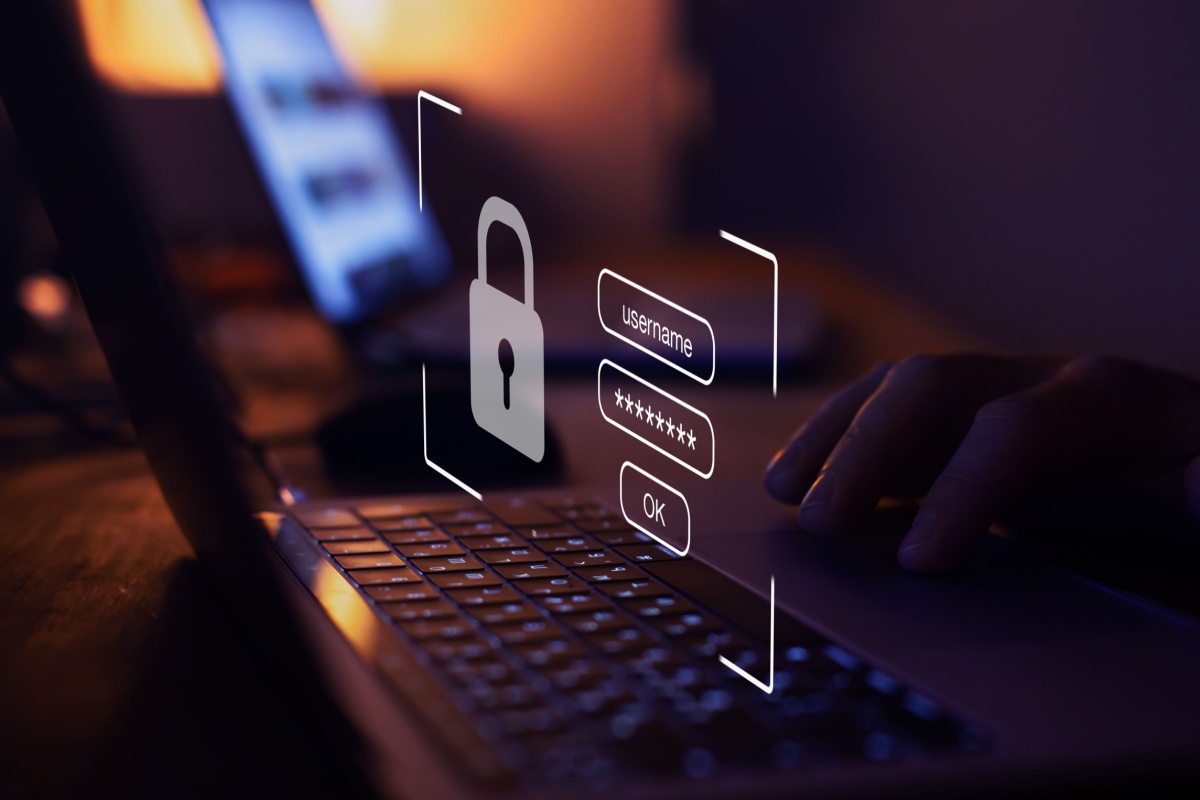Protect your personal information with our guide to preventing online fraud.
At a time when more and more of our time (and money) is being spent online, the threat of online fraud looms large. Cybercriminals are constantly devising new schemes to deceive individuals and organisations, making it crucial to stay vigilant and informed to protect our digital interactions.
That’s why the team at Hunter and Bligh have come up with the best practices to help you avoid falling victim to online fraud.
Adopting these measures will help you reduce your risk of falling victim to online fraud and giving you confidence as you navigate this new technological landscape. So, without further ado, here are the techniques you need for avoiding online fraud:
1. Use Strong, Unique Passwords
Creating strong, unique passwords for each of your online accounts is one of the simplest yet most effective ways to protect yourself. This means no more “password” or “abc123” or repeating the same password over and over again. A robust password includes a combination of upper- and lower-case letters, numbers, and special characters such as an exclamation or question mark. Avoid using easily guessable information, such as birthdays or common words, since these are easily exploited.
2. Enable Two-Factor Authentication (2FA)
Two-factor authentication (also known as 2FA) adds an extra layer of security by requiring a password as well as a second form of verification, such as a code sent to your phone or generated by an authenticator app. This makes it significantly harder for attackers to gain access to your accounts, even if they have your password. Many apps give you the option to add in 2FA to your account, giving you that extra peace of mind.
3. Be Wary of Phishing Scams
Phishing scams are designed to trick you into providing personal information, such as login details or credit card numbers. These scams often come in the form of emails, text messages, or phone calls that appear to be from legitimate sources. Always verify who is sending the request and avoid clicking on suspicious links or attachments. Easy things to look out for are spelling or grammar mistakes, unsolicited requests for information, and other suspicious behaviour.

Relaxed older women on phone. Photography by Ground Picture. Image via Shutterstock
4. Monitor Your Accounts Regularly
Regularly checking your bank statements, credit card bills, and other financial accounts can help you quickly identify and address any unauthorised transactions. Many banks and financial institutions offer alert services that notify you of unusual activity, providing an additional layer of security. When it comes to digital security, it is always better to be proactive for avoiding online fraud.
5. Verify the Legitimacy of Websites
Before entering personal or financial information on a website, make it is the real deal. Look for signs such as a secure connection (https://), a padlock icon in the address bar, and verified contact information. Be cautious of websites with poor design, misspellings, or deals that seem too good to be true.
6. Protect Your Personal Information
Be careful of sharing information online, especially on your social media profile. Cybercriminals can use seemingly harmless details to build a profile and launch targeted attacks. Adjust your privacy settings to limit the visibility of your personal information.
To help manage your future funds, check out these 5 Fun Things to Do with Your Partner to Plan for Retirement. And learn more about Why Clear Inheritance Instructions are Important for Baby Boomers.


